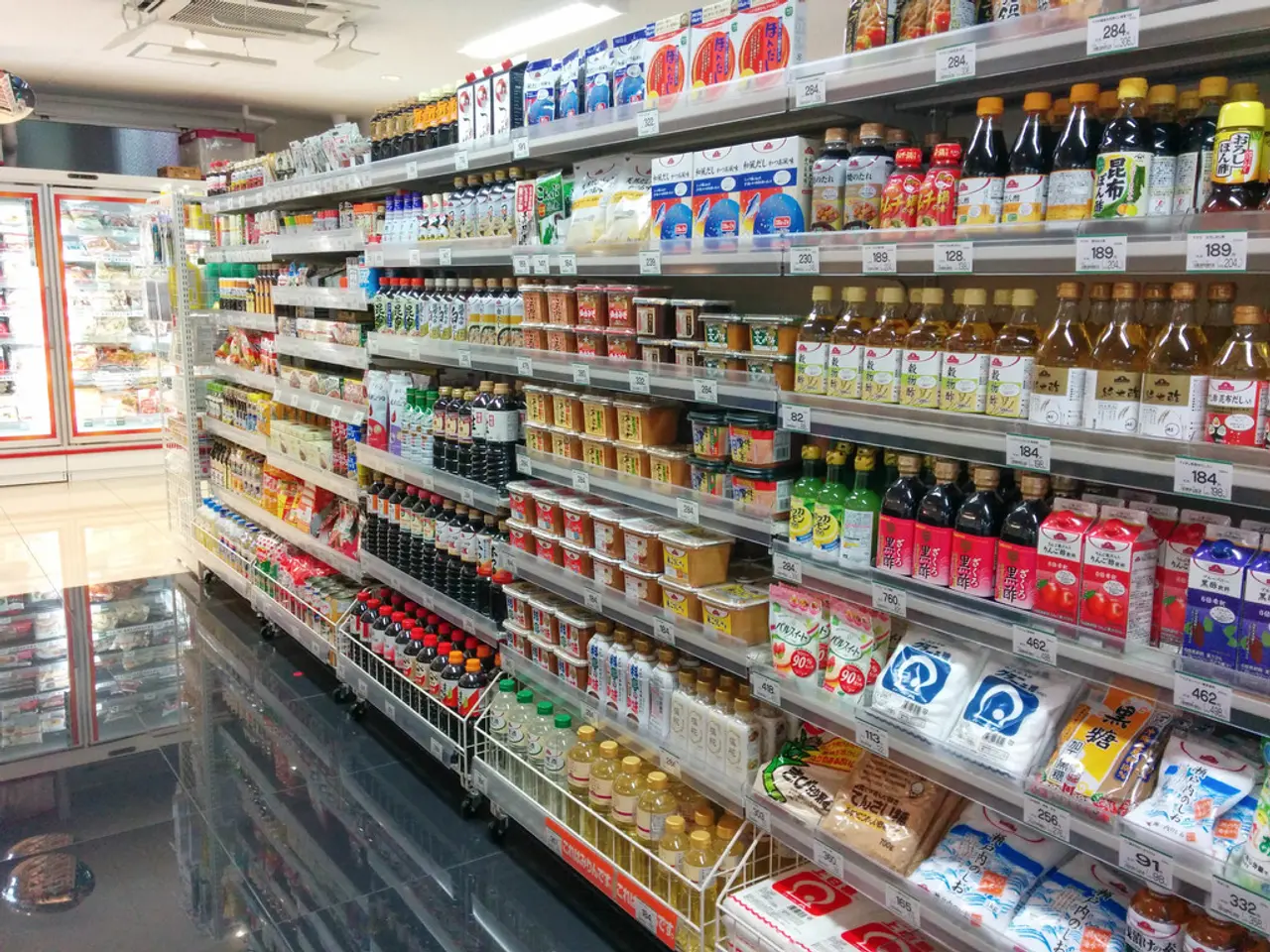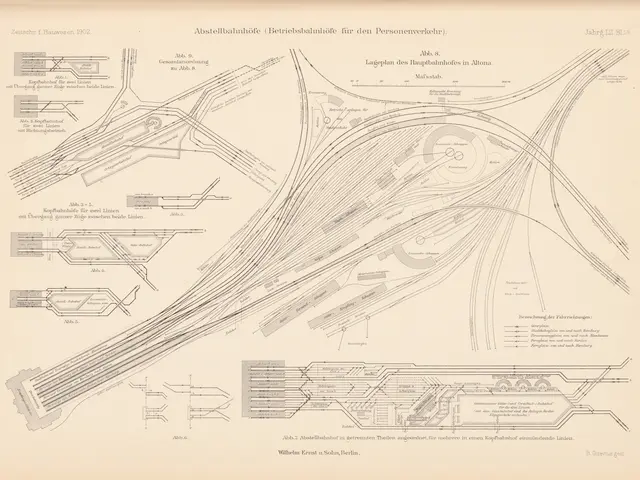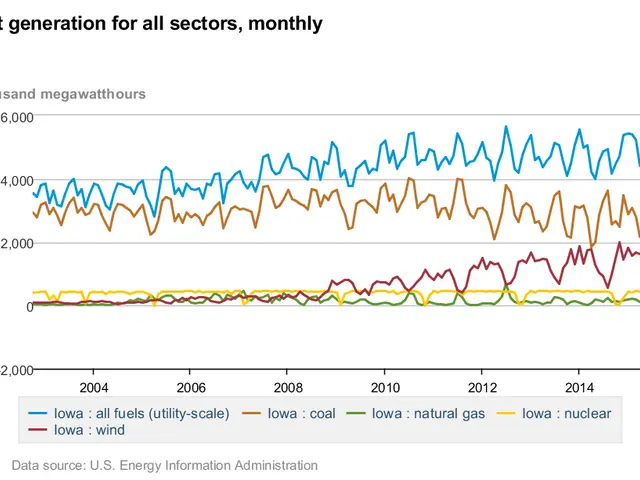Europe's Reshoring Trend: Styria Leads the Way with Sustainability and Job Creation
A shift is underway in the global supply chain landscape, with companies increasingly considering reshoring and nearshoring to create more resilient and balanced operations. This trend is driven by various factors, including environmental sustainability, consumer preferences, and technological advancements.
Leading the way in Europe is the Austrian region of Styria, where companies like Magna International, KNAPP AG, Anton Paar GmbH, XAL GmbH, and Andritz Group have been actively restructuring their supply chains. These firms are investing in their home region and expanding into nearby countries such as Spain, reflecting a trend of reshoring within Europe. Significantly, Austrian companies are also creating jobs locally in Bulgaria, demonstrating a commitment to nearshoring.
The primary catalyst for this shift is environmental sustainability. Shorter supply chains enable better waste management, efficient resource use, and more eco-friendly production methods. Consumers are increasingly seeking products manufactured closer to home, perceiving them as higher quality and more ethically produced. Additionally, reshoring can help reduce the risk of suppliers in countries heavily impacted by climate change.
Technological advancements, such as artificial intelligence, automation, and advanced data analytics, are playing a critical role in this transition. These innovations enable more efficient and flexible manufacturing processes, making reshoring and nearshoring viable options. However, the transition presents challenges like substantial initial investment, workforce gaps, and potential supply chain disruptions. Despite these hurdles, the opportunities are significant, including greater supply chain control, reduced lead times, and enhanced innovation.
The future supply chain landscape is expected to see an increasing number of companies reevaluating and restructuring their supply chains, involving a blend of reshoring and nearshoring. This trend, driven by environmental sustainability, consumer preferences, and technological advancements, is reshaping the global supply chain landscape. While challenges exist, the potential benefits, such as greater control, reduced lead times, and enhanced innovation, make this transition an attractive prospect for many businesses.




